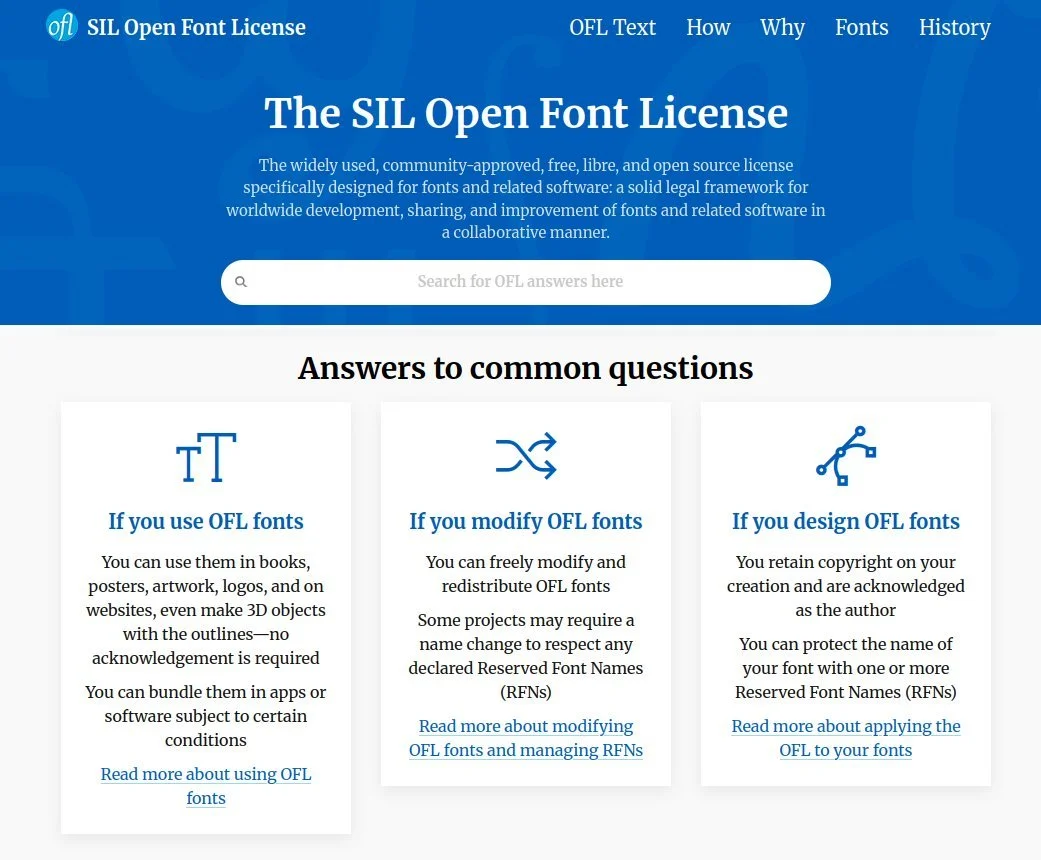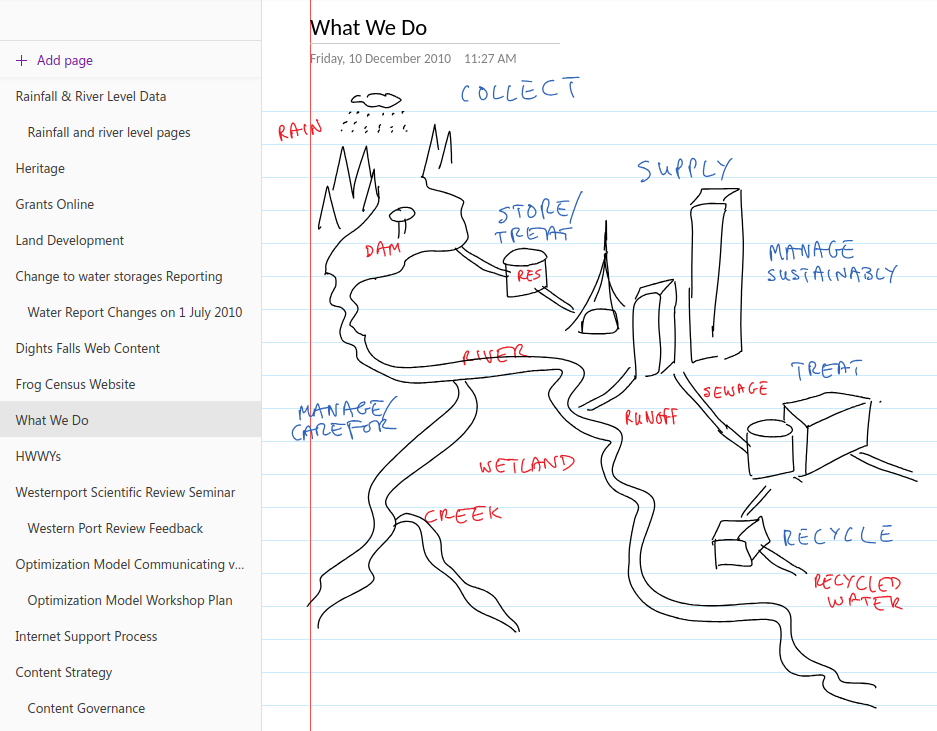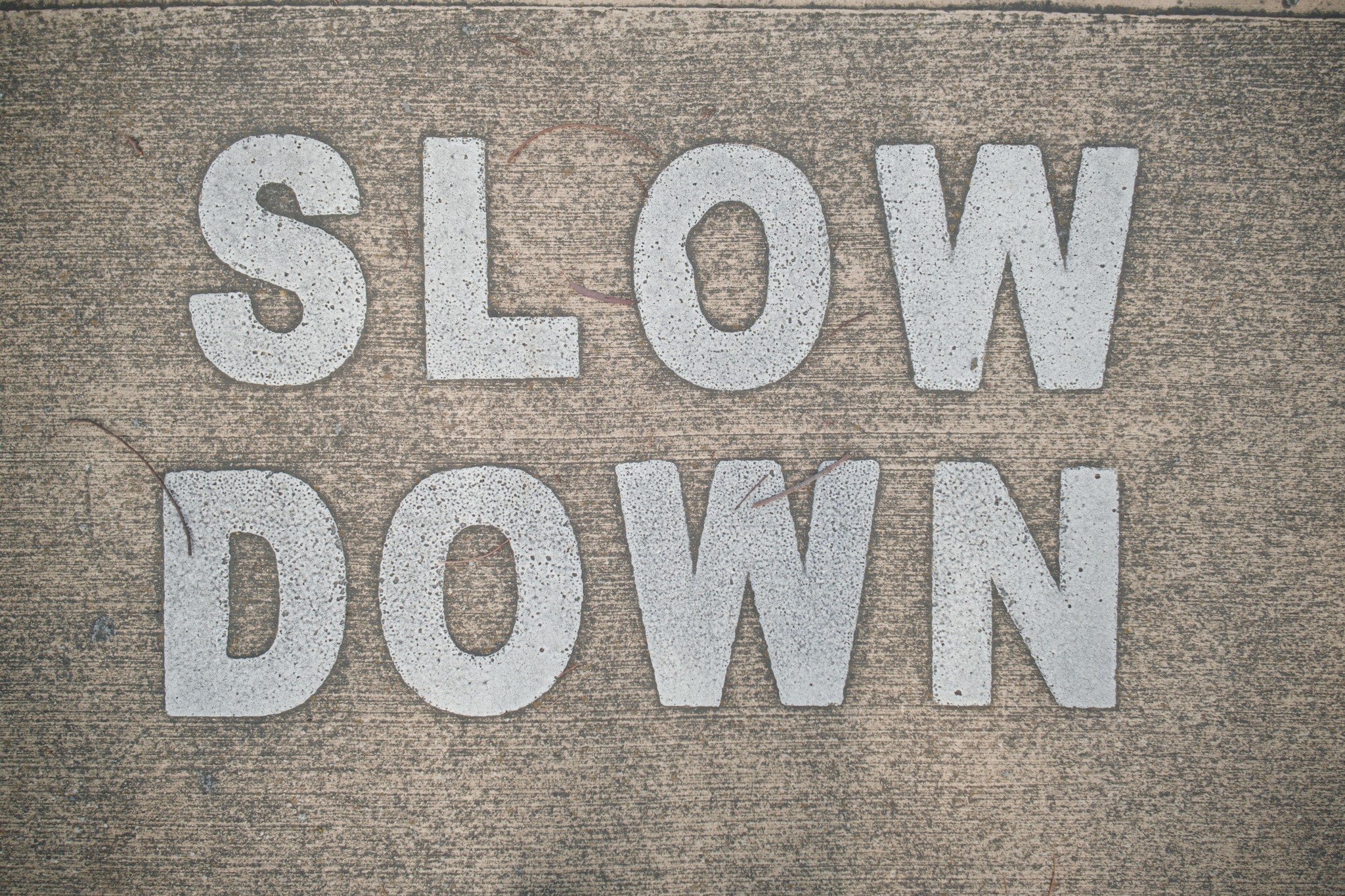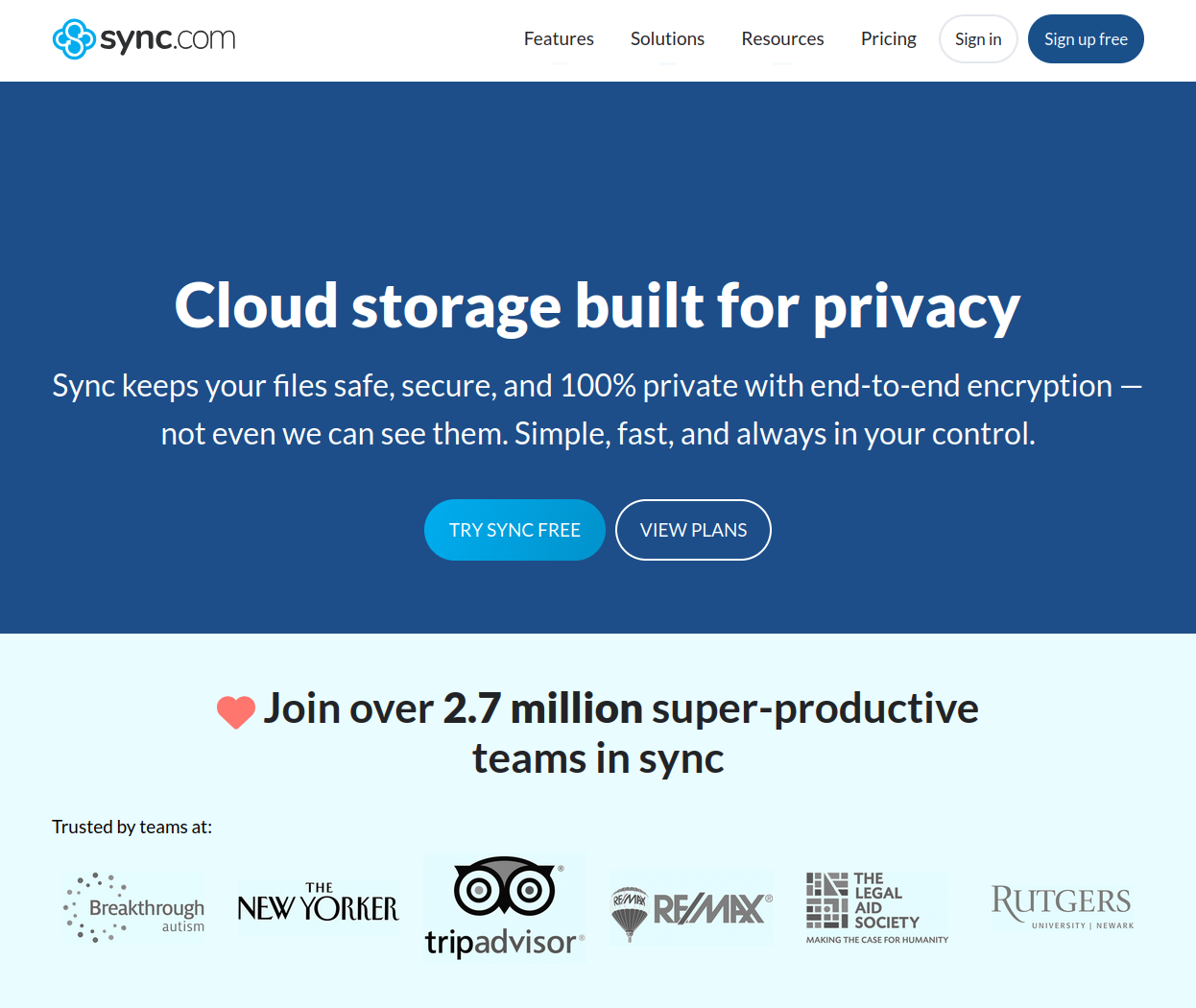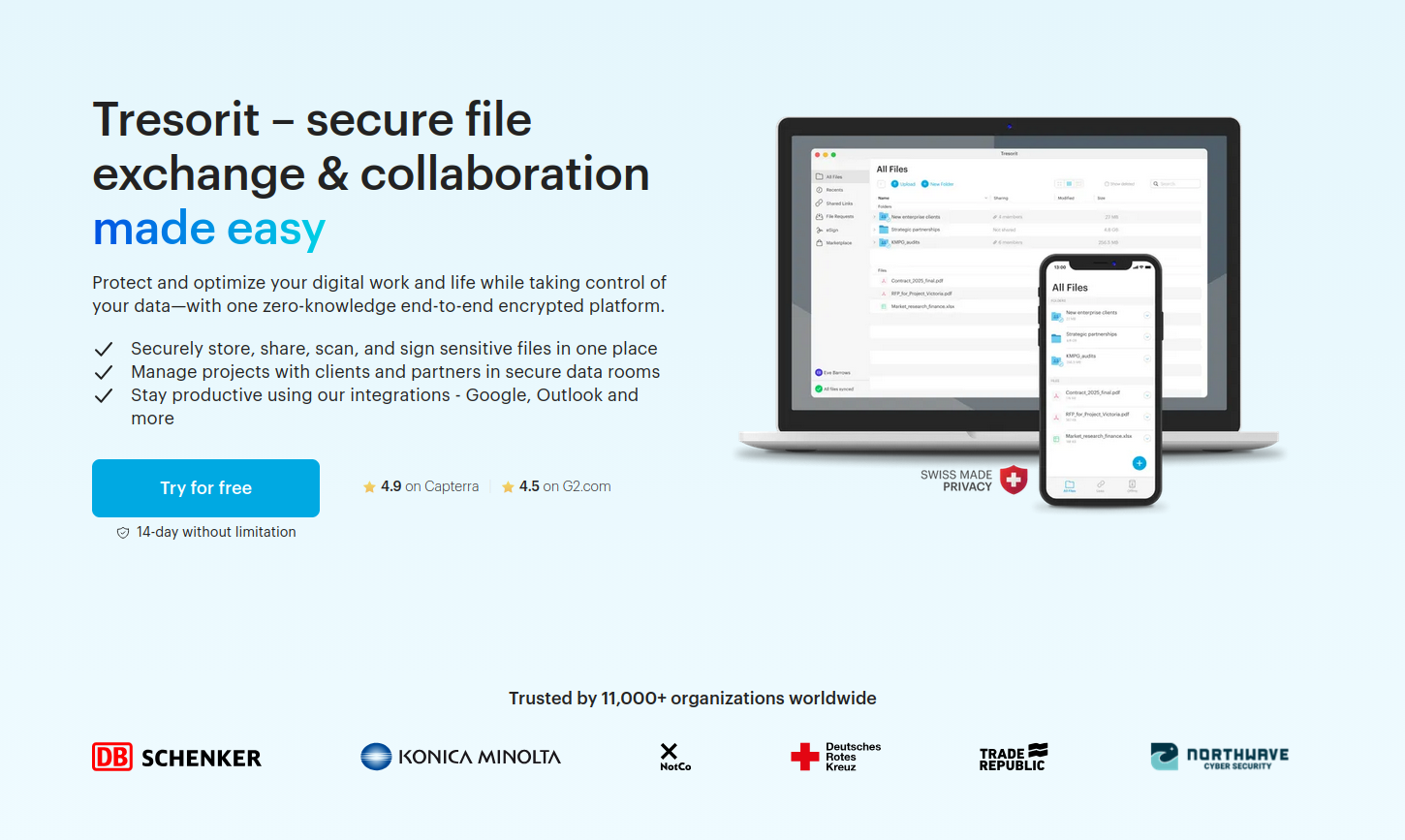It’s been a while since I did a photo walk in the city, so today I grabbed my trusty 40mm prime lens and walked a few blocks down Little Collins Street.
It was a hot, sunny, 30 degree day, but it was quite pleasant in the shade. And not only did I get a couple of decent photos, I also got to check out a half-assembled film set, which was fun :)
Fonz electric motorcycle parked in the corner on Little Collins Street
Photo of a dark green, classic Italian style, electric motorcycle parked on the pavement outside a building.
Things are looking bright for this Fonz electric motorcycle
Photo of a dark green, classic Italian style, electric motorcycle parked on the pavement outside a building. The font of the motorcycle is in shadow of the building, but the back is brightly lit by the sun.
After-hours at Five Points Cafe on Little Collins Street
Photo through the shop window of a stack of paper coffee cups stacked neatly next to a coffee machine in a cafe. The ‘Five Points’ wordmark is stamped on each coffee cup.
Ready for the night shoot with this lantern soft box mounted on a crane
Photo looking up at a powerful cinema light mounted on a crane. The light is covered by a large, lantern-shaped soft box, which is a box made out of white cloth that softens the light that's coming from the LED bulbs.
I don’t know which movie is being filmed here, but I do know what city Melbourne is standing in for today
Photo of a white Ford sedan parked on the side of a narrow city road in Melbourne, Australia that will eventually become a film set. An orange crane with cinema lights mounted on top of it is parked behind this car. There are lights on top of this car that identify it as an American police vehicle. Blue stickers pasted on the car read, “NYPD Police”.

